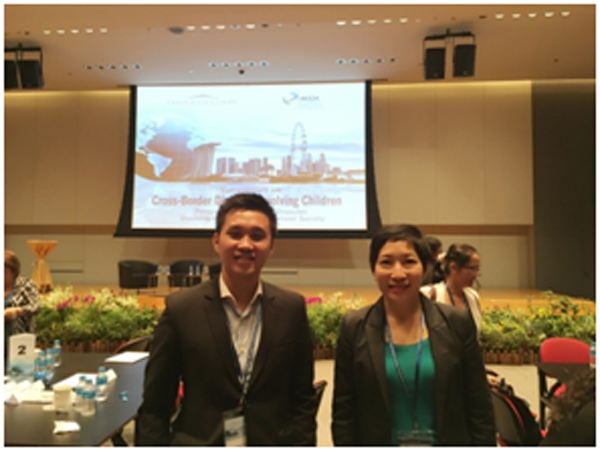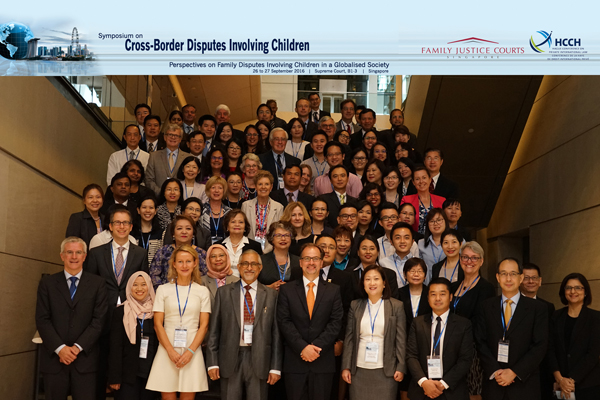On 29-30 September 2016, our partners Ms. Wendy Lam and Ms. Janice Chin attended the International Family Law Conference with the theme “The Future of Family Justice – International and Multi-Disciplinary Pathways” held at the Supreme Court Auditorium, Singapore.
The Conference was co-organized by the Family Justice Courts of Singapore, the Law Society of Singapore and the Singapore Academy of Law. Eminent speakers from the legal, psychological and social science sectors shared their views on topics in relation to cross-border disputes, mediation, family violence and child abuse, future of family justice, etc. in order to explore how family judicial systems around the globe face these challenges and to facilitate exchange of insights at an international level. Participants include family judges and court administrators, family lawyers, policy makers, mental health professionals, etc. from various jurisdictions.
Please contact our Ms. Wendy Lam or Ms. Janice Chin for any enquiries or further information about this event.





